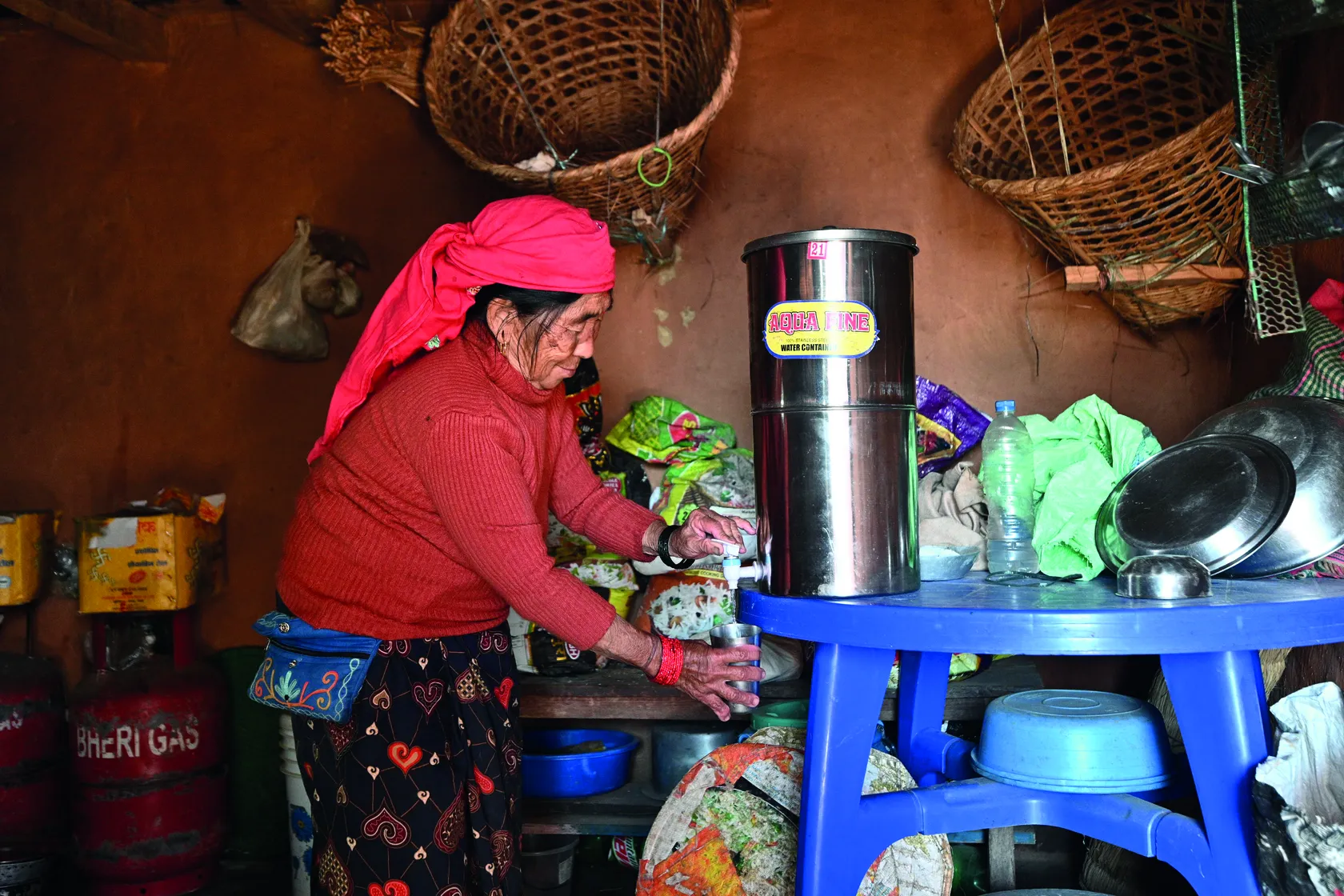
Nepal: Rural water services for all
Pathways taken by a four-year project in Nepal’s Dailekh and Sarlahi districts, resulting in 75,600 residents gaining access to safely managed water supply services.
Abstract
Though water supply management and inclusive service policies exist in Nepal, enforcement remains at large. In 2015, the country federalised its governance system. Years later, local governments – particularly rural municipalities – still face challenges in fulfilling their roles and responsibilities.
This brief documents experiences and lessons from a four-year SNV project with partners (2018-22) that sought to strengthen the capacity of rural municipality officials to fulfil their water governance mandate. While focused on enabling local government leadership, strategies mentioned in this brief additionally underscore the significance of strengthening multi-stakeholder processes of rural water decision-making, implementation, and monitoring.
Going forward it asserts that stakeholder capacity building within water programming must continue, particularly in the context of performance monitoring, reviewing and adapting plans, and strengthening the resilience of water services in the face of climate-induced droughts, heatwaves, flooding, and glacial lake outburst floods.
Bibliography
SNV, ‘Accelerating inclusive and sustainable rural water services in Nepal for all’, Project Brief, Inclusive and Sustainable Rural Water Supply Services in Nepal (2018-2022), The Hague, SNV, 2023.
Donors & Partners
UTS-ISF, CBM Australia, Rural Women Upliftment Association, Everest Club, Water for Women, Australian Aid, eight rural municipalities in Dailekh and Sarlahi
For more information
Ratan Budhathoki, Project Leader, Rural Water Supply Services, SNV in Nepal

